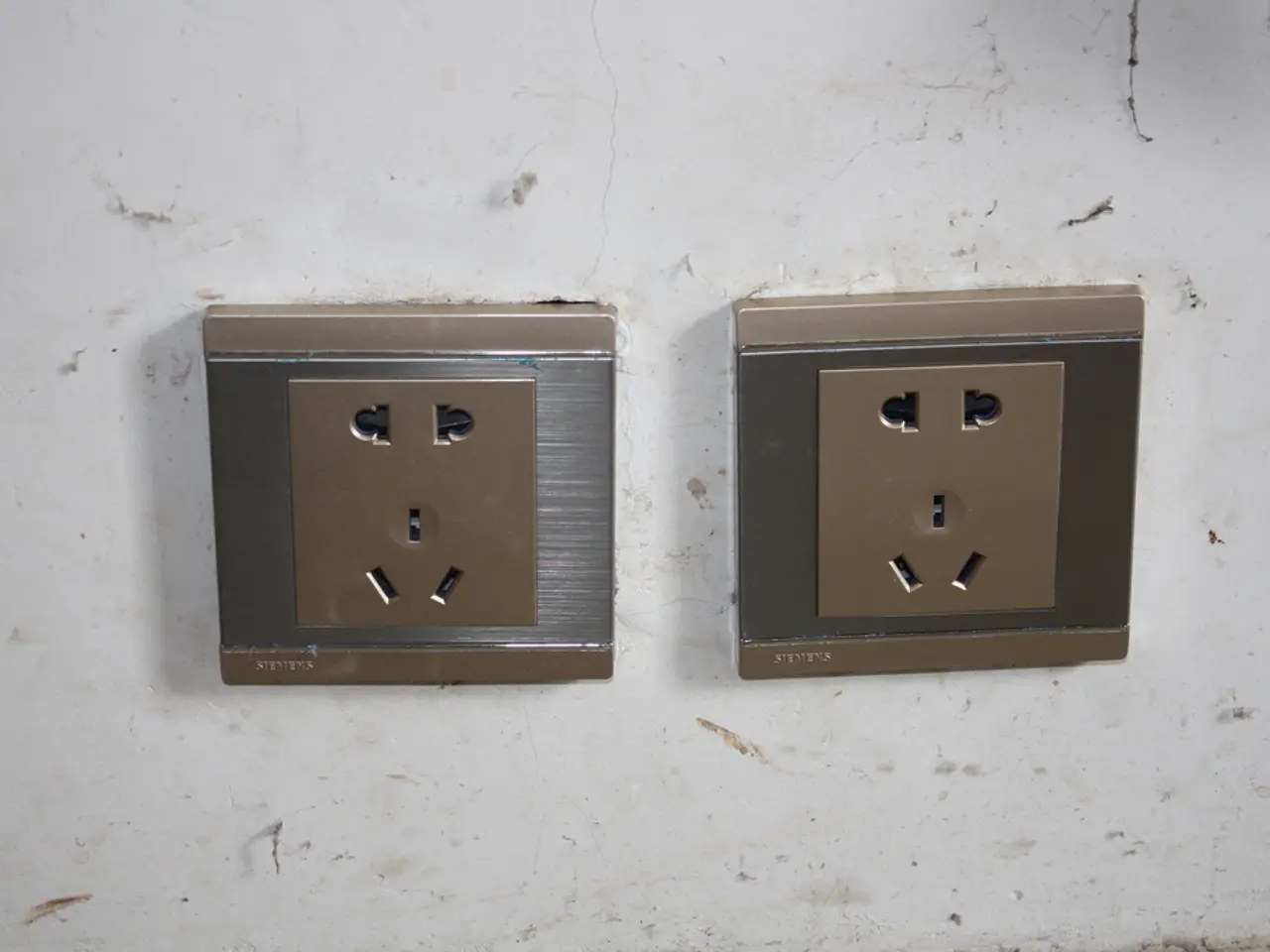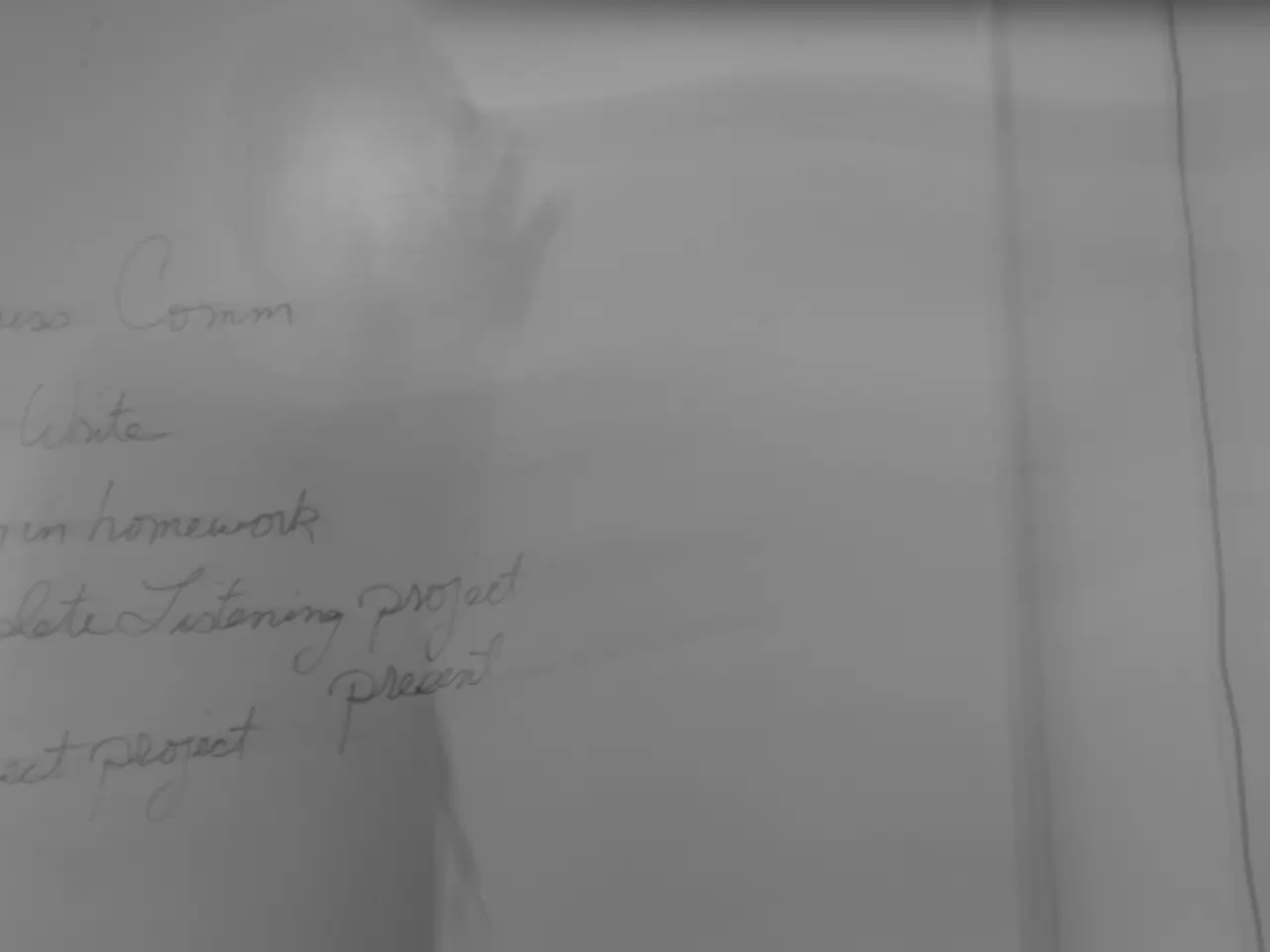India's officials discuss their relationship dynamics with Russia
India is navigating a delicate geopolitical and economic challenge by emphasizing its strategic autonomy, as it refuses to cut ties with Russia under US secondary sanctions pressure but also aims to protect and expand its vital trade relationship with the US.
The US Senate's proposed "Sanctioning Russia Act of 2025" could impose steep tariffs (up to 500%) on countries buying Russian oil and gas without supporting Ukraine. India, along with China, is explicitly targeted in this bill. However, the Indian government has found solace in the presidential waiver clause, which allows the US President discretion in enforcement, creating room for negotiation or strategic exemptions.
Russian Ambassador to India Denis Alipov believes that these actions demonstrate the US's unreliability as an international partner. Alipov notes that such actions do not correspond to the spirit of a multipolar world. He also considers the theoretical exclusion of Russian oil from the world market as an unacceptable scenario for India, which is the largest buyer of Russian seaborne oil.
Despite the US President's threats of 100-percent tariffs, India has no intention of "turning off its economy" by limiting purchases of Russian energy resources. Indian state-owned oil refineries, which control over 60 percent of India's total refining capacity, have stopped buying Russian oil temporarily. However, under pressure, India is seeking ways to adapt and logistical solutions to ensure the import of fuel from Russia.
The Indian Ministry of External Affairs (MEA) spokesperson reiterated that India-Russia ties are “steady and time-tested” and bilateral relations are evaluated based on India’s own strategic and national security priorities, not external pressures. India attaches paramount importance to protecting its farmers and small businesses and will take all necessary measures to protect national interests in the face of US tariffs.
India has defended its purchases of Russian oil and military equipment as matters of national interest and energy security, rejecting US pressure and tariff threats as attempts to impose a third-country prism on its bilateral relations. The US President offered Modi to buy fighters during the Indian Prime Minister's visit to the White House, but New Delhi is more interested in joint development and production of defense equipment within the country.
Alipov notes that Russia and India build their relations based on mutual benefit, without the aim of harming the interests of third countries. This approach is evident in India's refusal to buy US F-35 fighters and other military equipment, a key demand of US President Donald Trump.
In summary, India is balancing its relationship with the US and Russia, maintaining its time-tested partnership with Russia, especially in energy and defense, while also keeping robust economic ties with the US. India's leadership has implicitly rejected the US tariff imposition announced by former President Trump as an abrupt and politically motivated measure, while continuing to pursue mutually beneficial trade relations with the US in parallel.
References: 1. Business Standard 2. The Hindu 3. Livemint 4. NDTV 5. The Economic Times
- The Sanctioning Russia Act of 2025, with its threat of steep tariffs on countries importing Russian oil and gas, has placed India and China in a delicate position, as they seek to protect their energy interests without provoking political backlash from the US.
- Despite the ongoing geopolitical tensions, sports and politics aside, the general news has reported that India continues to prioritize its relationship with Russia in the energy and defense sectors, as both countries seek to reinforce their mutual benefits and national interests.








